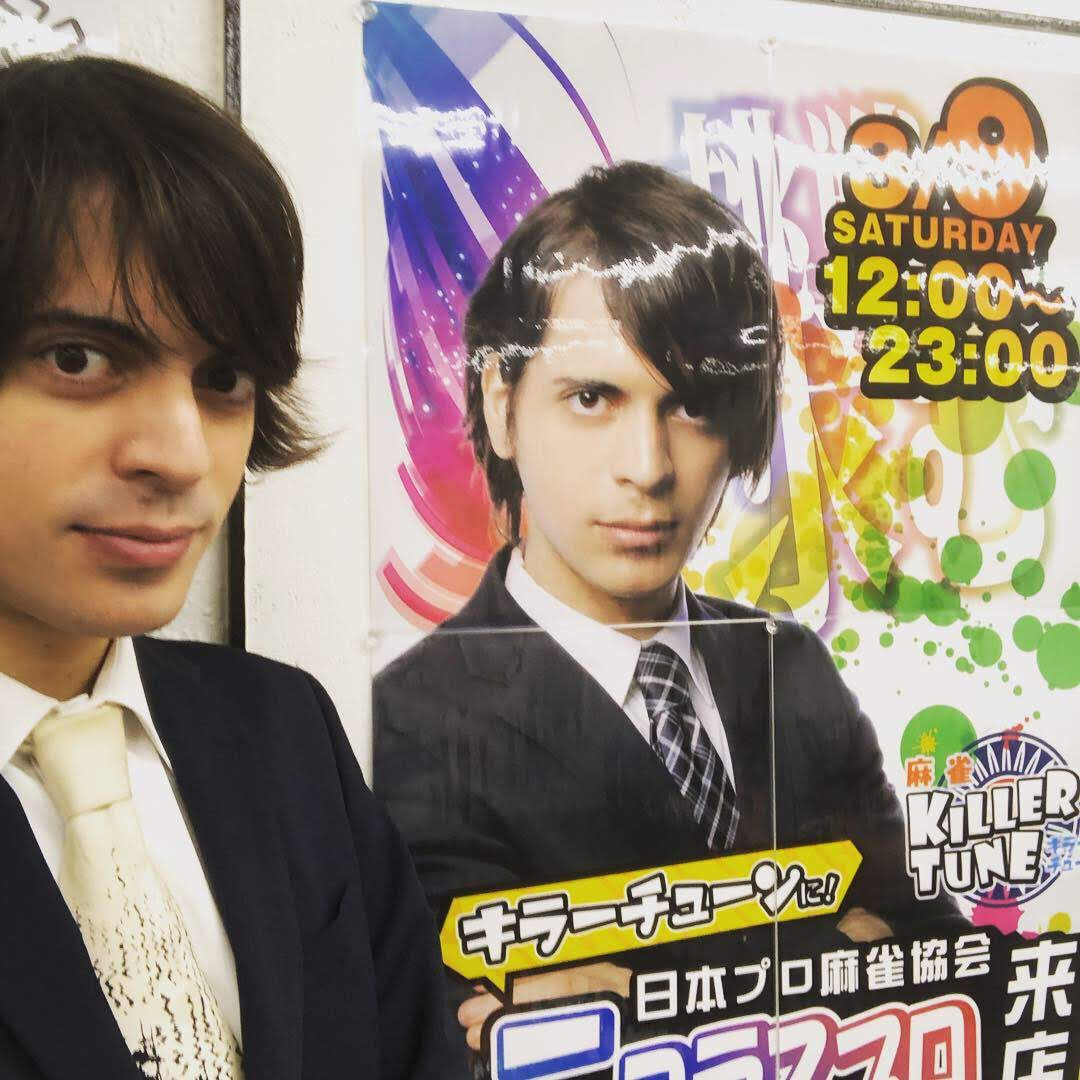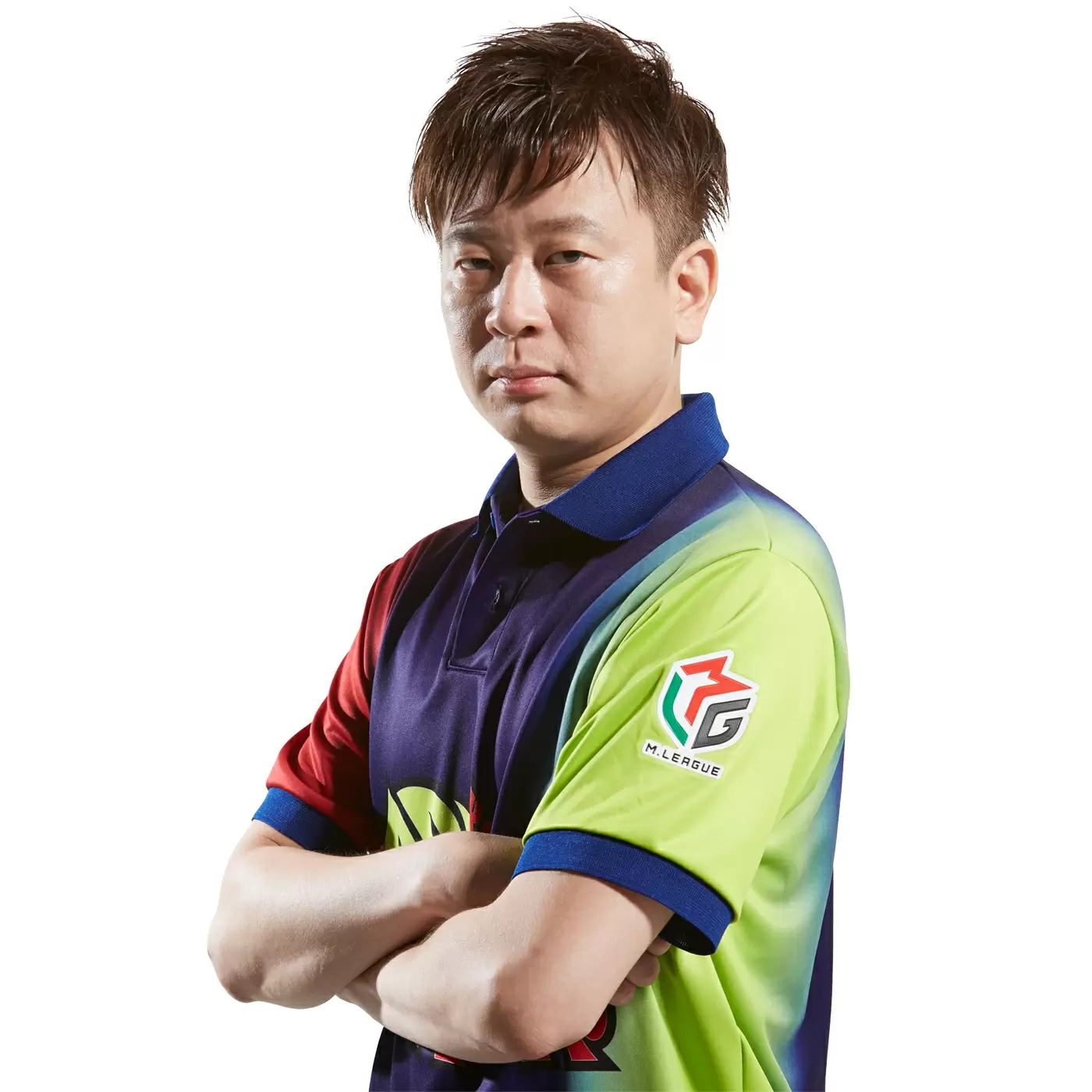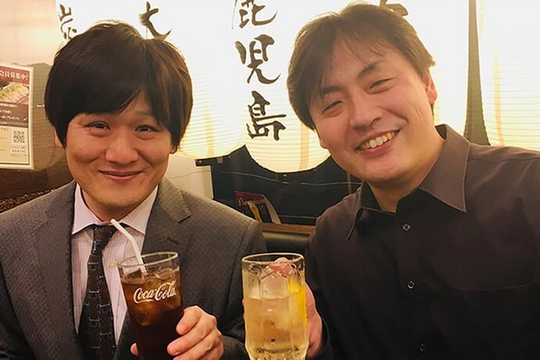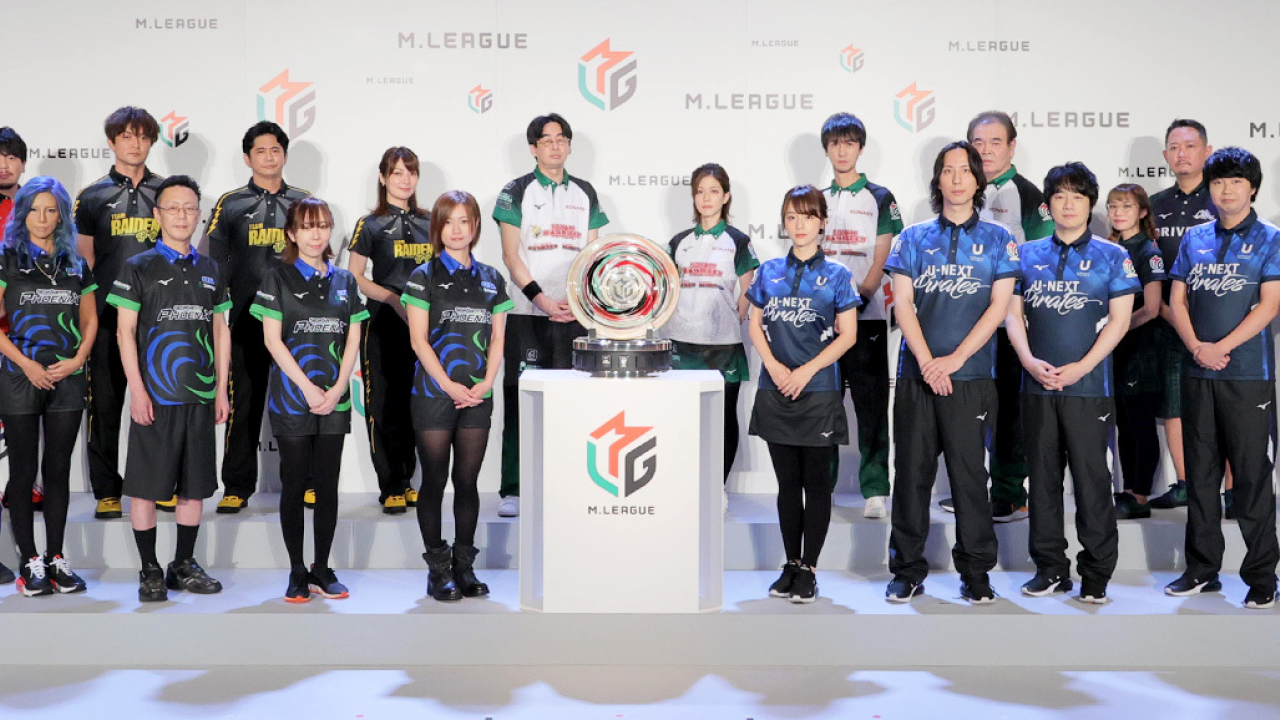"You're a professional mahjong player!?"
People ask me that with genuine surprise. And when they follow up with "So you play mahjong for a living?"...
"Yes... no... eh, sometimes..."
It's complicated. Let me explain what being a professional means in the mahjong world.

Being a guest at a Mahjong Parlor... yes, 11 hours!
What is a professional mahjong player?
A professional is a mahjong player who belongs to a recognized professional association. That's it. That's the only requirement.
In most sports, professionals get paid. Salaries, sponsorships, team budgets: money flows to the players. You'd expect mahjong to work the same way.
It doesn't. Most mahjong pros don't make a living from the game. The system requires you to have a stable job and decent salary to pay for your mahjong expenses (though M-League is starting to change this).
"Wait, you pay to be a professional!?"
Yes. Pro associations charge substantial fees.
Professional mahjong players pay to call themselves professionals.
Typical expenses:
- Pro license fees
- Yearly league entry fees
- Tournament entry fees (multiple per year)
- Transportation (especially traveling to Tokyo from other cities)
Depending on your organization and competition schedule, you're looking at $600 to $3,000+ per year.
Miss your payments and you lose professional status. That means no tournaments, no league access, and a damaged reputation.
Most pros work day jobs in IT, sales, writing, or other fields. They take both careers seriously, and often become better at mahjong than full-time players because of it. Sonoda Ken, the M-Leaguer, is a famous example of a salaryman pro.

Sonoda Ken, Salaryman Mahjong Pro
Many people want to go pro full-time. Here's what they don't realize: you need money to play at this level.
"What about tournament winnings? Can't you make your money back?"
Tournament prizes yield negative expected value. No matter how often you win, tournaments will never be steady income. The real prize is the title itself: the bragging rights, the reputation boost.
Tournament prizes have negative EV over time.
Fame matters in this world. Tournament titles polish your image, get your name out there, and let you market yourself. To stay relevant as a pro, you need to build a personal brand.
How do you become a professional?
It's not as hard as you might think. The pro community is more open each year. From scratch, you can become a professional in 1-2 years.
Here's the typical path:
- Find an association and check their Pro Test dates
- Study their rules, regulations, and notable players
- Pass a written exam, interview, and practical exam
- Complete basic training (usually under a month)
- Pay your fees
You can realistically go pro within 1-2 years of starting the game.
Most players in Japan start practicing online while working or studying. The barrier to entry keeps getting lower. Japan is actively welcoming pros from all backgrounds.
The hard part isn't getting in. The hard part is not quitting.
If you want help studying for the pro test, get in touch.
How do pros make money?
If you want mahjong to be your primary income, here are the realistic options:
- Parlor work as staff or guest player (female guests are in higher demand)
- Publishing strategy books, either solo or co-authored
- Broadcasting as commentary, guest appearances, invited play
- Teaching lessons and coaching
- Other services like consulting, content creation, etc.
The top tier might land TV appearances or private games with wealthy clients. Officially, no pro will ever admit to gambling involvement.
M-League is changing the game. Teams have sponsors, and players receive real salaries. But entry is extremely competitive: less than 1% of pros make it in. Hopefully this becomes the norm rather than the exception.
Are pros strong players?
Not all of them. But many of the strongest players happen to be pros.
The only requirements for pro status are knowing the rules thoroughly and paying your fees. Skill isn't objectively measured or evaluated by any association.
That said, the competitive league environment makes you stronger fast if you put in the effort.
League competition accelerates improvement dramatically.
Notable pros worth watching
Here are legendary-level players I personally admire:
- Suzuki Taro, Murakami Jun, Tsuchida Koushou from Saikouisen
- Ogura Takashi, Kim Taehyon, Yajima Gaku from NPM
- Ooi Takaharu from RMU
- Kobayashi Go from -Myu-
- Horiuchi Masato, formerly JPML

Ooi Takaharu and Suzuki Taro
You can find their games on YouTube:

Should you become a pro?
I'll say it straight: becoming a professional mahjong player isn't the smartest decision.
Unless you love the game to the point of obsession.
Pros who've stayed active for 10+ years are stoics. They're in it purely for the game. Many genuinely believe they're the best player in the world. Some enjoy the taste of fame and the fancy title.
Whatever your reason, staying long-term requires serious motivation. Entry is getting easier every year, but the image of mahjong pros isn't great (though M-League is helping).
Here's an interesting fact: many of Japan's strongest players are amateurs: teachers, gamblers, or simply people with no interest in the pro world.
Getting in is easy. Surviving is hard.
The two biggest perks of pro status are access to major tournaments and media coverage. If you want to publish a mahjong book, these matter. With 2+ strategy books releasing every month, readers are picky about whose advice they'll follow.
Do I make money from mahjong?
Sometimes. It's not my main income yet.
I'm working toward full-time mahjong. If you want to help, consider supporting me on Patreon.
Want to play like a pro? Start with these free riichi mahjong tools.
Have questions? As a professional myself, I'm happy to answer anything through email, coaching sessions, or my Patreon page.
See you at the table.


![180+ Japanese Mahjong Terms You Need to Know [2026 Glossary]](/_next/image?url=%2Fimg%2Fposts%2Friichi-mahjong-glossary%2Fmahjong-glossary.png&w=3840&q=75)
![Ultimate guide to mahjong tables [2026]](/_next/image?url=%2Fimg%2Fposts%2Fmahjong-table%2Fmahjong-table.png&w=3840&q=75)
![Ultimate list of the best riichi mahjong tools for English speakers [2026]](/_next/image?url=%2Fimg%2Fposts%2Friichi-mahjong-tools%2Fmahjong-tools.png&w=3840&q=75)